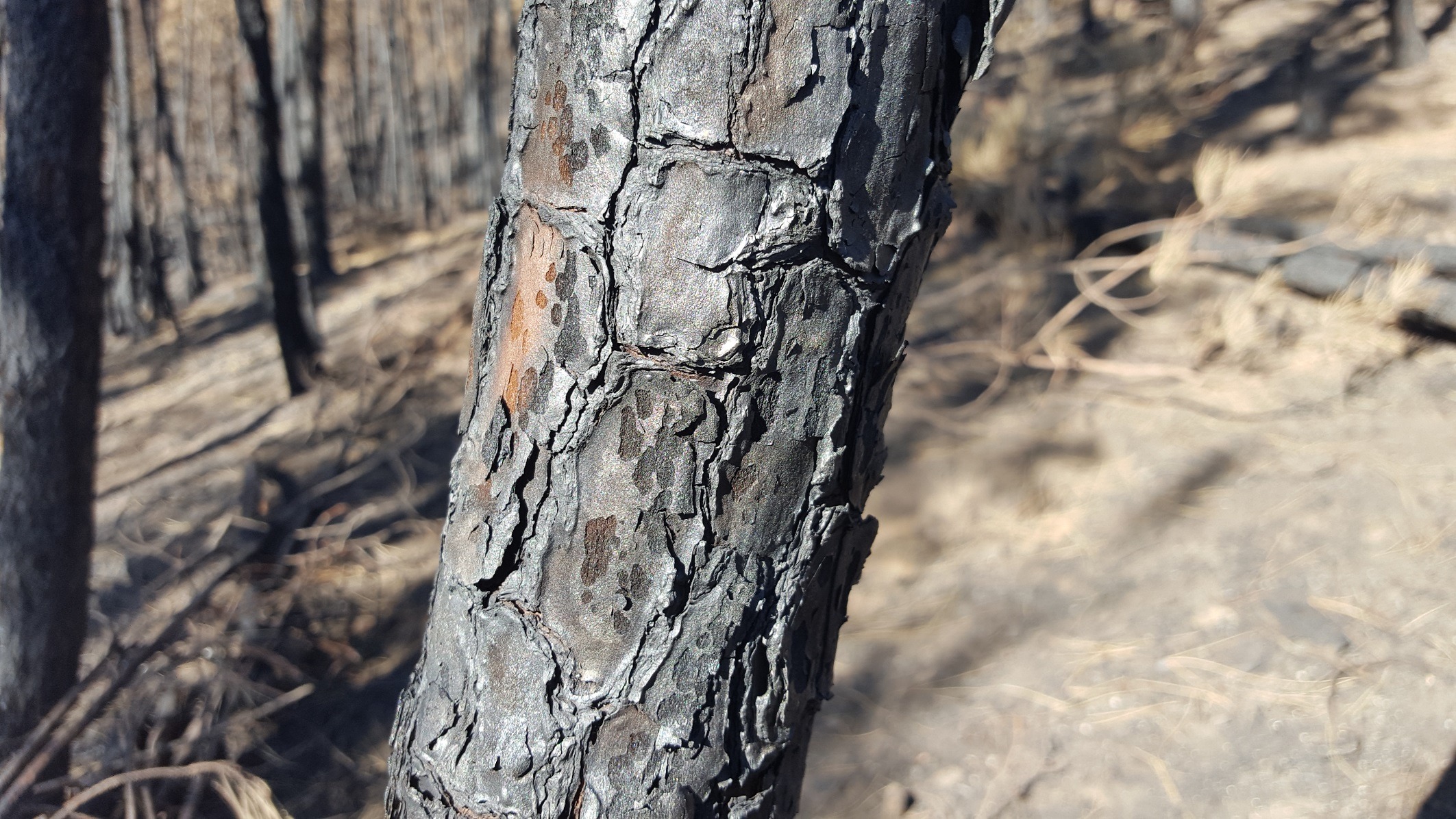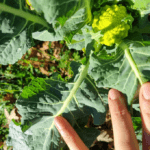
After the fires
Background
This year, Portugal has as usual suffered from innumerable fires. Some had natural causes, linked to how dry the year has been, and others were initiated by human intervention – whether unintentional (such as a government worker cleaning the side of the road, his blade hitting a rock and creating a spark, and voila) or criminal (yes, apparently that’s a thing).
This happens every year.
What is different this year is that two particularly nasty fires, one mid-June and another just a few weeks ago on October 15, have ravaged the country. With over 100 deaths, the area affected is over 520’000 hectares (twice the size of Luxemburg).
If that wasn’t bad enough, with huge areas of forest burnt beyond recognition, there is a risk of excessive soil erosion and landslides once the rain comes, with rivers at risk of pollution from ashes and other debris. Post-fire land management is key.
We were lucky, because the area we are in near Guarda, east of the Serra de Estrela – has been minimally affected by fires this year.
As we are not as busy as we thought we would be at this point in time (in other words, we are not yet property owners – consider it a #workinprogress), we could not think of a better use of our time than to go and help a few people in need.
Lending a hand
Bright and early last Sunday morning, we drove two hours to Benfeita in the district of Arganil. We were headed to Quinta de Paz, home since seven months to Frankie, Joe, and Rufus (plus Indiana and Bear, and a few cats whose names I did not catch).
They were counting their blessings as they only lost two structures (a teepee and a small house) as well as fruit trees of course. The three main buildings were unscathed. However, the pine forest on a steep slope behind the houses was toast.
We spent the day cutting down trees and making log dams by placing them in piles roughly along contour lines. Using tree stumps as pins to hold them in place, schist stones and soil were then used to backfill the log dams to give them greater stability and an enhance ability to retain water or mud. Hopefully this will limit soil erosion and mudslides, perhaps even creating berms that can boost the return of wildlife.
It was surprisingly quiet in that forest (chainsaws aside). You could hear birds in the distance if you concentrated, but there were none of the usual signs of life. I swatted away two lost and lonely flies in the course of the day, and marveled when I spotted a small gecko. That was it.
The tree trunks were charred, crisp, almost painful to touch.
We made good progress and the team of volunteers – who had come from the south, Lisbon, or even as far as the UK – was in high spirits. The sense of community was impossible to ignore, and Frankie and her family’s gratefulness in spite of their losses was inspiring.
If you want to spread the word or contribute to the rebuilding of Quinta de Paz, visit their GoFundMe page.
The next day we drove to Quinta do Vale, a stone throw away. It belongs to Wendy, whom we met when she gave a vermicompost toilet workshop in Sintra back in June.
A leader in the field of self-sufficiency, stacking functions, and living off the land, Wendy is a fountain of knowledge. Her greenhouse housed plants, a banana tree, a vermicompost, a sauna, and an aquaponics system – all within an 8m wide geodesic dome that has a slightly smaller footprint because it sits on a slope.
As the fire made its way into the valley, quick thinking had Wendy water the vegetable garden and set a sprinkler on top of both the greenhouse and the yurt she lives in before she went to the safety of the village. Unfortunately, the greenhouse sprinkler got stuck (it was a mediocre quality Chinese sprinkler), but the yurt – and veg garden – were safe thanks to the watering.

Success! Out with the old & burnt, in with the new
We assisted in digging out and replacing an IBC tank that was used as water storage but had mostly melted in the heat of the blaze. It took all morning, so after a short break where we refueled with delicious vegetable soup we tackled the next challenge: to start sorting through the rubble of “the wee house”. This used to be volunteer accommodation, but just the stone walls were left. The outside kitchen and two floors of the house were reduced to ruins as the roof fell in and a gas tank stored in the house exploded.
A beautiful cast iron stove was recovered from the debris, and then we started sorting the rubble into piles: metal, wood, ceramic tiles, and glass.
We could tell the house used to be charming and cozy, but before we could feel too sad about not having known it prior to the fire, Wendy shared some of her ideas to rebuild. Now we look forward to seeing the result of her ideas, because it promises to be even better than it was before!
If you want to find out more about what Wendy does and how you can support her rebuilding efforts, you can visit her website (also linked to above) or the Quinta do Vale Facebook page. I believe a GoFundMe page will be set up soon to help her fix the greenhouse, for one.
What we learned
In a nutshell: community is everything, water and quick thinking save lives, and the best thing to do in a region with a significant fire risk is to factor that into your planning and prevent damages as much as possible (easier said than done).
In terms of specifics:
- Plastic hoses can catch fire and take the fire into structures or underground
- Sprinklers in strategic locations can save structures from fire
- IBC tanks need help to survive fire, but it’s feasible
- Wood stores should not be close to important structures even if it’s convenient
- Gas cans will blow up in a fire, so try and be mindful of that when you set them up or store extra ones “out back”
- Good tools are hard to find, so if you have them, you may want to build them a fire resistant tool-shed and put them away in there at the end of every day
This list is far from exhaustive! So if you have experienced a fire on your property or in your community – something I do not wish on anyone, or if you have anything to add, feel free to share any lessons learned or things you would do differently in the comment section below.

“It’s all good” – message on a schist slate that survived the fire. Life is full of surprises.




